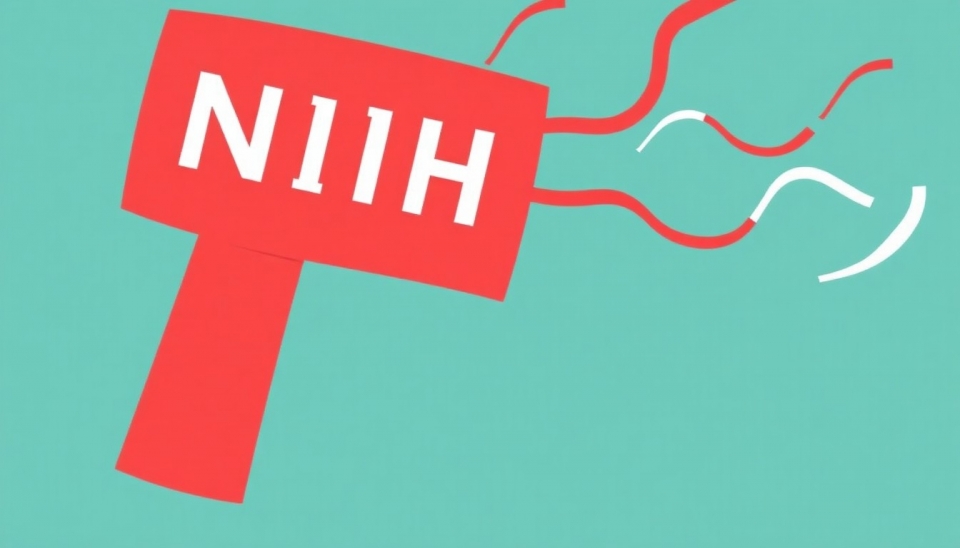
In a startling development that has rattled the foundations of the scientific community, the National Institutes of Health (NIH) has announced significant cuts to its budget, leaving researchers, institutions, and stakeholders grappling with uncertainty. These reductions, the largest of their kind in recent history, have not only sent ripples through laboratories across the nation but also prompted urgent discussions about the future of medical research and innovation.
The NIH, celebrated as a cornerstone of biomedical research, has been a vital source of funding for countless projects that have led to groundbreaking advancements in medicine. However, the recent decision by the agency to slash funding is drawing ire from scientists who fear that this could lead to a stagnation in research momentum, particularly for critical areas such as public health and chronic disease management. Many are worried that these cuts could have long-lasting ramifications on the progress made in treating diseases and the ongoing fight against epidemics.
In interviews with affected researchers, a common thread of concern emerged: the proposed cuts threaten not only individual grants but also broader initiatives that have been crucial in training the next generation of scientists. Emerging scholars, who often rely on NIH grants to launch their careers, are expressing dismay over the potential loss of opportunities and support that are integral to their development in the field of scientific inquiry.
As institutions scramble to reassess their budgets and prioritize projects in the wake of this announcement, the overarching message among researchers is one of alarm. "This could set us back years, if not decades," remarked one prominent researcher who has benefited from NIH funding in the past. The backlash is not limited to the lab benches; advocacy groups and public health officials are voicing their concerns, insisting that the cuts could endanger not only research but the betterment of public health strategies globally.
In a concrete example of the cuts' potential impact, various ongoing clinical trials and studies looking into diseases such as Alzheimer's and cancer are now in jeopardy, as the funding that was previously deemed secure is no longer reliable. Several institutions are bracing for the reality that they may have to pause or even terminate promising research projects, laying off staff, or repurposing their efforts elsewhere.
Experts warn that without sufficient funding, the advancements that the NIH has historically supported could face severe setbacks, ultimately affecting patient care and the global health landscape. As the debate rages on about the implications of these funding cuts, scientists are calling on policymakers to reconsider and advocate for a restored commitment to public research funding.
In a response to the uproar, NIH officials have stated that these cuts are part of necessary budget realignments. They acknowledge the concerns and are emphasizing their commitment to remain transparent about funding opportunities moving forward. However, the assurance has done little to assuage fears, and many researchers are now organizing efforts to rally support for the reinstatement of funding.
The future hangs in the balance as the scientific community braces itself for the ripple effects of the NIH's dramatic decision, underscoring the vulnerability of research funding in an era increasingly driven by fiscal constraints and policy shifts.
As this situation unfolds, the scientific community is urged to remain vigilant and proactive, advocating for the resources needed to ensure continued progress in research and public health. The cuts may serve as a wake-up call, galvanizing researchers and advocates alike to unite in a collective push for the recognition and support that is crucial for advancing science in the years to come.
Stay tuned for further updates as the NIH funding situation evolves, outlining the ongoing challenges and potential pathways to restore support for the critical work that shapes our health and future.
#NIH #fundingcuts #scienceresearch #publichealth #biomedicalresearch #medicalinnovation #researchcommunity
Author: Liam Carter

